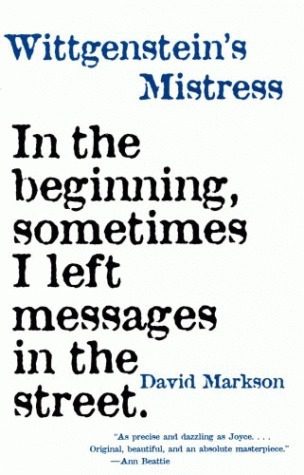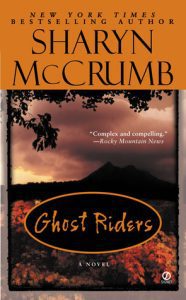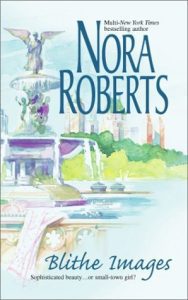Title: Wittgenstein’s Mistress
Author: David Markson
First published May 1, 1988
279 pages, Paperback
ISBN: 9781564782113 (ISBN10: 1564782115)
Rating: 3.96
Overview
When a crime shatters their peaceful town, the lives of three men are forever changed. Now, they must confront their past and embark on a dangerous journey towards redemption.
Logan Callahan has tried to forget that tragic day, but the memories haunt him every night. When Skye O’Brien arrives in town, Logan is drawn to her mysterious aura and her own personal struggles.
As they get closer, Logan realizes that Skye may hold the key to his healing. But will their shared secrets bring them closer together or tear them apart?
Deadly Sins is a thrilling tale of love, redemption, and the power of secrets.
About the Author
David Merrill Markson was an American novelist, born and raised in Albany, New York. He is well-known for his postmodern novels, including This is Not a Novel, Springer’s Progress, and Wittgenstein’s Mistress.
Markson’s most recent work, The Last Novel, was published in 2007 and received acclaim from the New York Times, which described it as “a real tour de force.”
Markson’s distinctive writing style is characterized by unconventional narration and plot structure. While his early works may have been influenced by modernist writers like William Faulkner and Malcolm Lowry, Markson himself claims that his later novels are “literally crammed with literary and artistic anecdotes” and are nonlinear, collage-like assemblages.
Several of Markson’s novels have been published by Dalkey Archive Press, and in December 2006, Shoemaker & Hoard republished two of his early crime novels in a single volume.
In addition to his novels, Markson also published a book of poetry and a critical study of Malcolm Lowry. Notably, the movie Johnny Concho, which starred Frank Sinatra, was based on Markson’s first novel, Epitaph for a Tramp, an anti-Western.
He wrote three crime novels early in his career.
Markson was educated at Union College and Columbia University, and began his writing career as a journalist and book editor. He also worked as a college professor at Columbia University, Long Island University, and The New School.
Markson passed away at his home in New York City’s West Village.
Editoral Review
David Markson’s Wittgenstein’s Mistress is a work of philosophical fiction that explores themes of loneliness, language, and the human condition. It was first published on May 1, 1988 and has since gained a cult following for its innovative style and unique approach to storytelling.
Markson was an American writer who specialized in avant-garde literature, and Wittgenstein’s Mistress is widely regarded as his masterpiece. It is a book that defies categorization, but can best be described as a postmodern meditation on the fragility of human existence.
The book is narrated by an unnamed woman who appears to be the last person on Earth. She wanders aimlessly from place to place, recounting memories from her past and reflecting on the nature of language and reality.
The setting is a post-apocalyptic world where the only signs of life are art and culture left behind by a vanished civilization. The writing in Wittgenstein’s Mistress is spare and poetic, with each chapter consisting of a series of disconnected phrases and observations.
Markson’s prose is elliptical and allusive, inviting the reader to make connections and draw their own conclusions. Despite its minimalist style, Wittgenstein’s Mistress is a deeply profound and moving work of literature.
Markson’s exploration of loneliness and isolation speaks to the universal human experience, and his musings on language and meaning are both thought-provoking and insightful. The book may not be for everyone, however.
Its fragmented structure and lack of conventional plot can be challenging for some readers, and its philosophical themes may be dense and abstruse. But for those who are willing to engage with it on its own terms, Wittgenstein’s Mistress is an unforgettable reading experience.
In conclusion, Wittgenstein’s Mistress is a remarkable piece of experimental fiction that deserves its place in the canon of postmodern literature. Its unique style, brilliant insights, and hauntingly beautiful prose make it a must-read for anyone interested in the possibilities of the novel as an art form.
The book isn’t for everyone, but for those who appreciate challenging and intellectually stimulating literature, this is a true gem.



